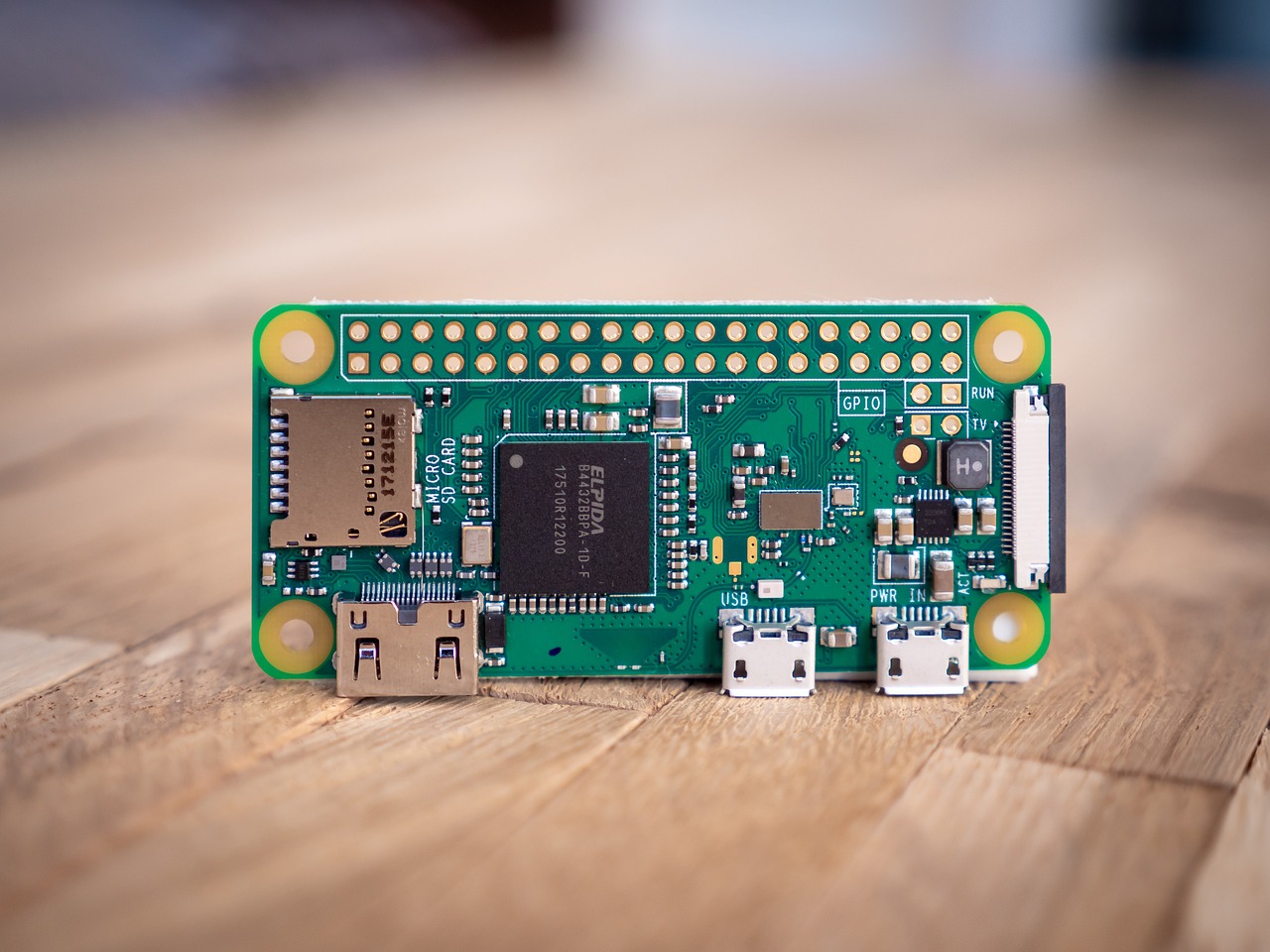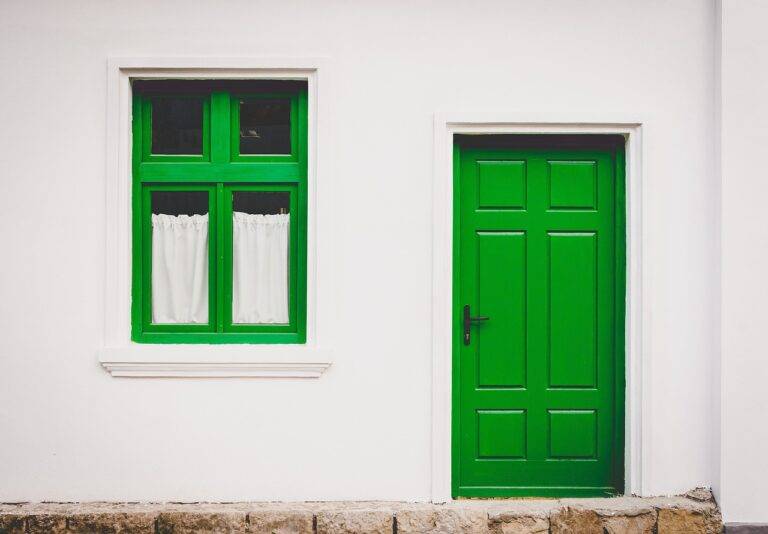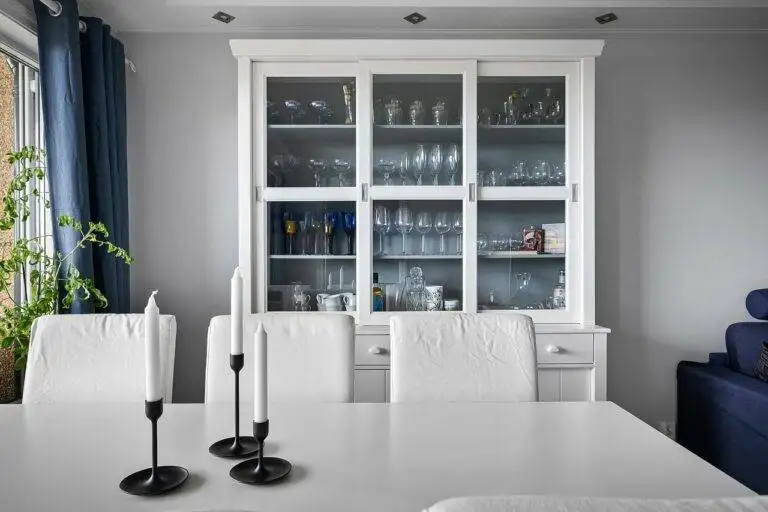Sustainable Alternatives to Vinyl Fencing: 11 x play login, India24bet, Skyfairs signup
11 x play login, india24bet, Skyfairs Signup: When it comes to fencing options for your home or property, vinyl has long been a popular choice due to its durability and low maintenance. However, as more and more people become aware of the environmental impact of vinyl production and disposal, sustainable alternatives to vinyl fencing are becoming increasingly sought after.
In this article, we’ll explore some of the top sustainable alternatives to vinyl fencing that you can consider for your next fencing project. From recycled materials to natural alternatives, there are plenty of eco-friendly options available that can not only enhance the look of your property but also help reduce your carbon footprint.
Wood Fencing
One of the most traditional and sustainable alternatives to vinyl fencing is wood. Wood fencing can be sourced from sustainably managed forests or reclaimed wood, making it an environmentally friendly choice. Additionally, wood fences can be easily recycled or repurposed at the end of their lifespan, reducing waste and promoting sustainability.
Bamboo Fencing
Bamboo is a rapidly renewable resource that grows quickly and requires minimal maintenance. Bamboo fencing is not only eco-friendly but also durable and stylish, making it a great alternative to vinyl. Bamboo fencing is available in a variety of styles and colors, allowing you to customize your fence to suit your aesthetic preferences.
Metal Fencing
Metal fencing, such as aluminum or steel, is another sustainable alternative to vinyl fencing. Metal fences are durable, long-lasting, and can be recycled at the end of their lifespan. Additionally, metal fencing requires minimal maintenance, reducing the need for harmful chemicals and treatments.
Composite Fencing
Composite fencing is made from a combination of recycled wood fibers and plastic, making it a sustainable alternative to vinyl fencing. Composite fencing is durable, low maintenance, and comes in a variety of styles and colors. Additionally, composite fencing is resistant to rot, mold, and pests, making it a long-lasting and eco-friendly option for your property.
Living Fences
Living fences, such as hedges or shrubs, are a natural and sustainable alternative to vinyl fencing. Living fences provide privacy, noise reduction, and wildlife habitat, all while improving air quality and reducing carbon emissions. Additionally, living fences can be easily maintained and are biodegradable, reducing waste and promoting sustainability.
Recycled Plastic Fencing
Recycled plastic fencing is made from post-consumer or post-industrial plastic waste, making it a sustainable alternative to vinyl fencing. Recycled plastic fencing is durable, low maintenance, and resistant to rot, mold, and pests. Additionally, recycled plastic fencing can be easily recycled at the end of its lifespan, reducing waste and promoting sustainability.
FAQs
Q: Are sustainable fencing alternatives more expensive than vinyl fencing?
A: While some sustainable fencing alternatives may have a higher upfront cost than vinyl fencing, they can be more cost-effective in the long run due to their durability and longevity.
Q: How long do sustainable fencing alternatives last compared to vinyl fencing?
A: Sustainable fencing alternatives such as wood, metal, composite, and recycled plastic fencing can last just as long as vinyl fencing with proper maintenance and care.
Q: Are sustainable fencing alternatives customizable?
A: Yes, sustainable fencing alternatives come in a variety of styles, colors, and designs, allowing you to customize your fence to suit your aesthetic preferences.
Q: How can I ensure that my sustainable fencing is environmentally friendly?
A: To ensure that your fencing is environmentally friendly, choose materials that are sustainably sourced, recycled, or biodegradable, and opt for products that are produced using eco-friendly manufacturing processes.
In conclusion, sustainable alternatives to vinyl fencing offer a more environmentally friendly option for homeowners and property owners looking to reduce their carbon footprint and promote sustainability. From wood and bamboo to metal and composite, there are plenty of eco-friendly fencing options available that can enhance the look of your property while protecting the planet. Consider these sustainable alternatives for your next fencing project and make a positive impact on the environment.







